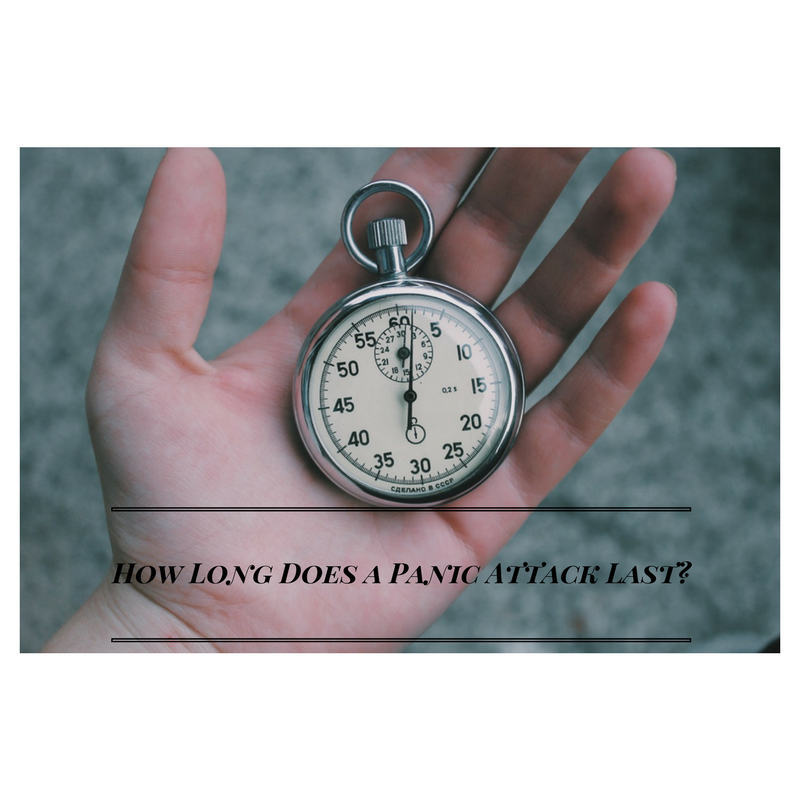
Here’s What You Need to Know if You Have Panic Attacks
What to know about panic attacks and how to deal with them.

What to know about panic attacks and how to deal with them.

I’m someone who feels almost immediately calmed when I understand what’s going on within me. Even if the feeling does not go away right away, simply being able to know what’s happening is helpful. No where is this more helpful than in the area of anxiety and panic attacks. Panic attacks are frightening and confusing. Here’s what happens in your brain during a panic attack. The Amygdala decides there’s a danger The pathophysiology of a panic attack is not well understood yet. But we’re beginning to understand which parts of the brain are involved. The part of your brain that acts as the “anxiety waystation” is the amygdala located in the temporal lobe. This is where sensory information from the environment and your past memories of similar situations is integrated. The amygdala, then, is what will “decide if you need to panic”. Generally, there is a trigger involved though the person experiencing the attack is not always conscious of the trigger (this is where therapy can be very useful). After the decision is made, your body “turns on the fight-or-flight” response and you’re well aware of what happens next. It should also be noted that every panic attack you have strengthens this neural circuit which only predisposes you to future attacks. Are certain people predisposed to panic attacks? Now why do people develop panic disorder / attacks? The main culprit seems to be disruptions in GABA neurotransmitter system which is involved in A LOT of human emotions and reactions. GABA is a name for a specific transmitter in your brain, that carries message from one neuron cell to another, telling the brain to do certain things. The things that might contribute to these changes in the GABA system include your temperament (we think this is a genetic thing), the adversity you’ve faced in your childhood, life stress and then genetics in the general sense. I’ve had people tell me it’s a glitch in the fight-or-flight response, that my brain is unable to process the stress being placed on it, my body is dumping it’s supply of adrenaline That’s how most panic attacks work. Andrenaline increases your heart and breathing rate in preperation for extreme physical exertion. Since you typically don’t exert yourself, you wind up with secondary symptoms, like shaking, lightheadedness, and low blood sugar. This discomfort can induce stress in and of itself, prolonging the attack.

There are really two answers to the question of how long panic attacks really last: First, how long it feels they last, and second, how long they actually last. To the first question the answer is simple: They like like they last forever. The intense feeling of fear and anxiety, the racing thoughts, the rapid heartbeat, all of it. It feels like it will never, ever end. But it does, and quicker than you might think. The second question has been studied and we also did an informal survey of clients here at our Denver therapy office which confirmed it: Panic Attacks usually build for 5-8 minutes, peak at about 10 minutes, and are over in 20-30 minutes. This doesn’t mean that you feel better after 20-30 minutes, however. For the next 20 minutes or so, you will likely feel the after-effects of a panic attack which is the feeling of all that adrenaline leaving your body. You might feel weak, shaky, tired, and a bit numb. This is really normal. The important this to remember is that panic attacks are temporary, and you won’t panic forever. It’s relatively normal to have one or two panic attacks in your lifetime. If you have them more regularly, you may actually have an anxiety disorder and could benefit from counseling and possibly medication to treat it. For more on therapy for anxiety, go to our Anxiety Therapy page.